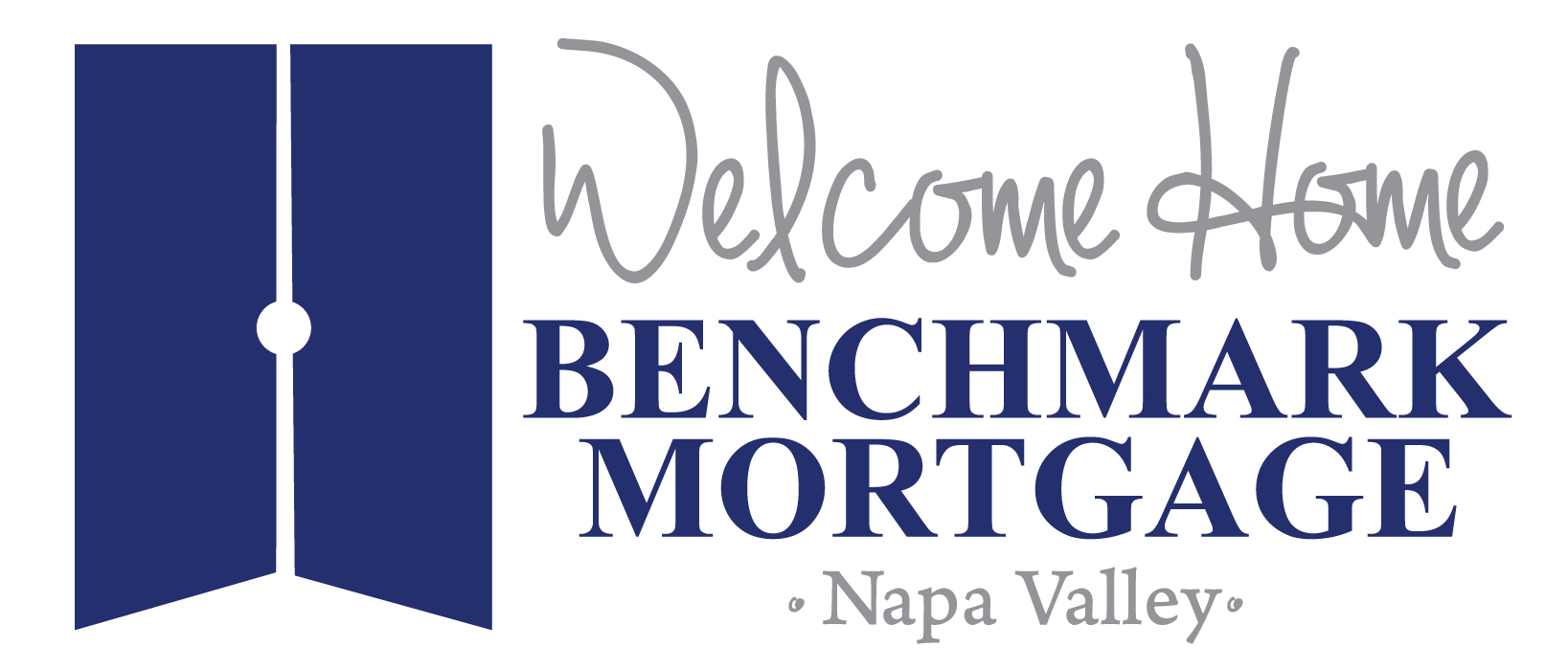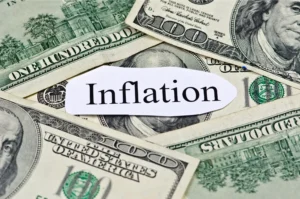
For many individuals facing high-interest credit card debt and short-term car payments with substantial monthly obligations, the idea of consolidating these debts into a new mortgage with a higher interest rate and a lower total monthly payment can seem appealing. On the surface, it may seem like a practical solution to ease immediate financial strain. However, before making such a significant decision, it’s crucial to weigh the pros and cons carefully. In this blog post, we’ll explore the potential benefits and drawbacks of using a new mortgage to pay off high-interest debts.
The Concept of Debt Consolidation involves combining multiple debts into a single loan or credit line with more favorable terms, typically a lower interest rate and a longer repayment period. The idea is to streamline monthly payments and potentially reduce the overall interest paid overtime. In this scenario, the proposal is to use a new mortgage, which typically offers lower interest rates and longer repayment terms compared to high-interest credit cards and short-term high payment car loans.
Pros of Using a New Mortgage for Debt Consolidation:
- Lower Monthly Payments: By consolidating high-interest debts into a new mortgage, borrowers can enjoy reduced monthly payments. This can free up cash flow and make it easier to manage monthly expenses and keep up with today’s high inflation.
- Simplicity and Convenience: Dealing with a single monthly payment instead of multiple due dates can simplify financial management and reduce the risk of missing payments as well as the possibility of increased credit scores.
- Potential Tax Benefits: Mortgage interest payments may be tax-deductible, potentially providing a tax advantage over other forms of debt.
- Fixed Interest Rate: If the new mortgage comes with a fixed interest rate, borrowers can benefit from predictability and protection against potential future interest rate hikes and can be refinanced when rates drop.
Cons of Using a New Mortgage for Debt Consolidation:
- Higher Total Interest Paid: While the monthly payment may be lower, extending the repayment period through a new mortgage could result in paying more interest over the long term.
- Increased Financial Risk: Using a new mortgage to pay off unsecured debts like credit cards and car loans shifts the risk from unsecured to secured debt. Defaulting on credit card debt might lead to credit damage or bankruptcy, but defaulting on a mortgage can result in foreclosure and the loss of the home.
- Transaction Costs: Refinancing or taking out a new mortgage incurs various costs, including application fees, closing costs, and possibly private mortgage insurance (PMI), adding to the overall expenses.
Deciding whether to use a new mortgage to pay off high-interest credit card debt and short-term car payments requires careful consideration of both short-term relief and long-term financial consequences. While consolidating debts can ease immediate financial pressure and simplify payments, it comes with potential risks, including higher overall interest payments and the possibility of losing one’s home in the event of default.
Before making such a significant financial decision, it’s essential to consult with a qualified mortgage advisor who can analyze your individual situation and provide personalized recommendations and worksheets. Remember that financial stability and debt management often involve a combination of responsible borrowing, budgeting, and disciplined repayment strategies.
When you’re ready to apply for a mortgage or refinance an existing one, contact us at 707-254-8891 or [email protected]. We can also direct you to the perfect real estate agent to help you.
Hilda Hensley Branch Manager – Mortgage Advisor
Call me at (707) 254-8891
NMLS id 280206
Benchmark Mortgage
Ark-La-Tex Financial Services, LLC NMLS id 2143
#retirement #retirementplanning #financialfreedom #investment #financialplanning #insurance #money #investing #lifeinsurance #finance #family #seniorliving #realestate #wealth #savings #seniorcare #financialadvisor #personalfinance #financialliteracy #health #business #retirementgoals #invest #entrepreneur #assistedliving #financialindependence #k #love #seniors #retirementcommunity



